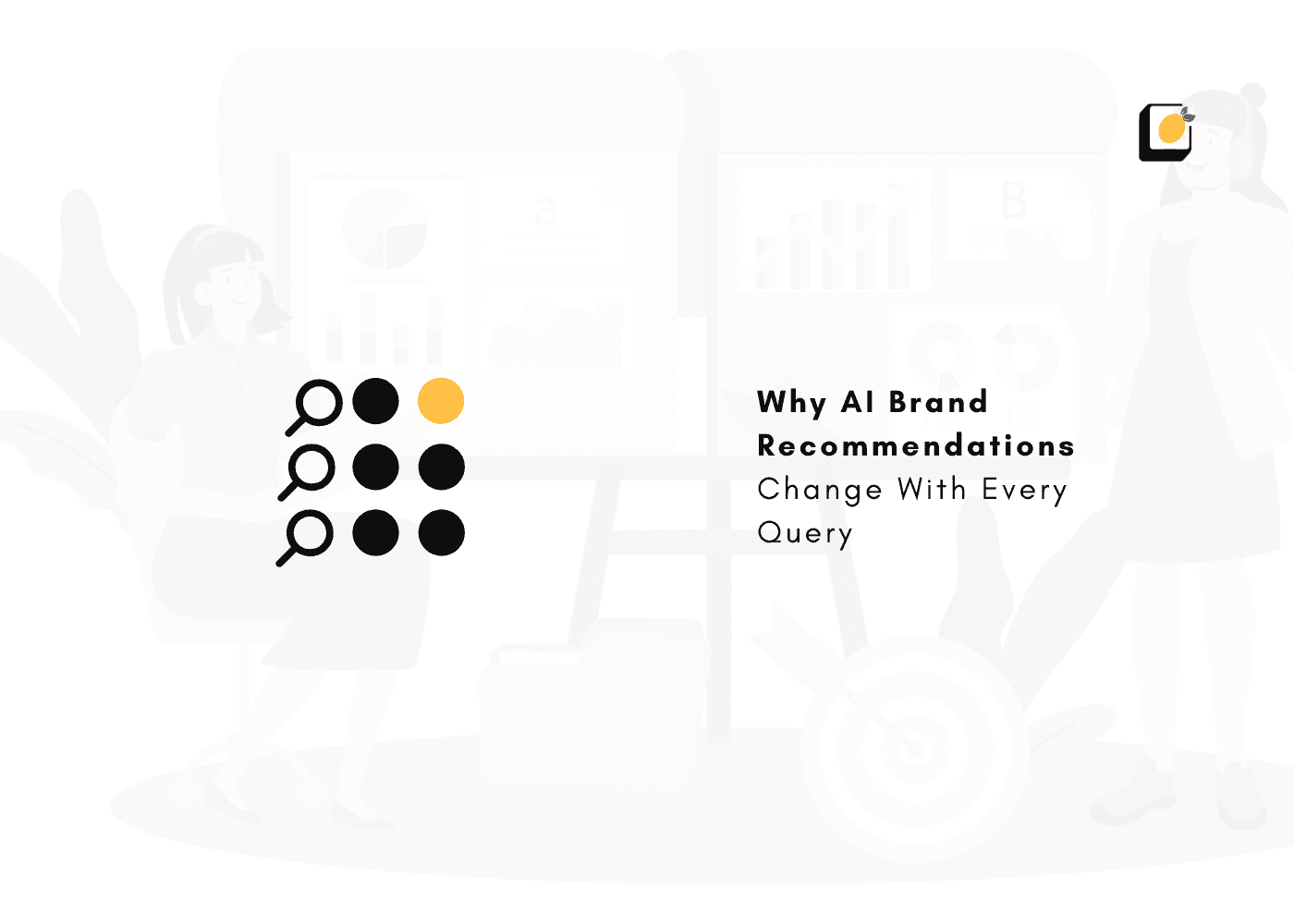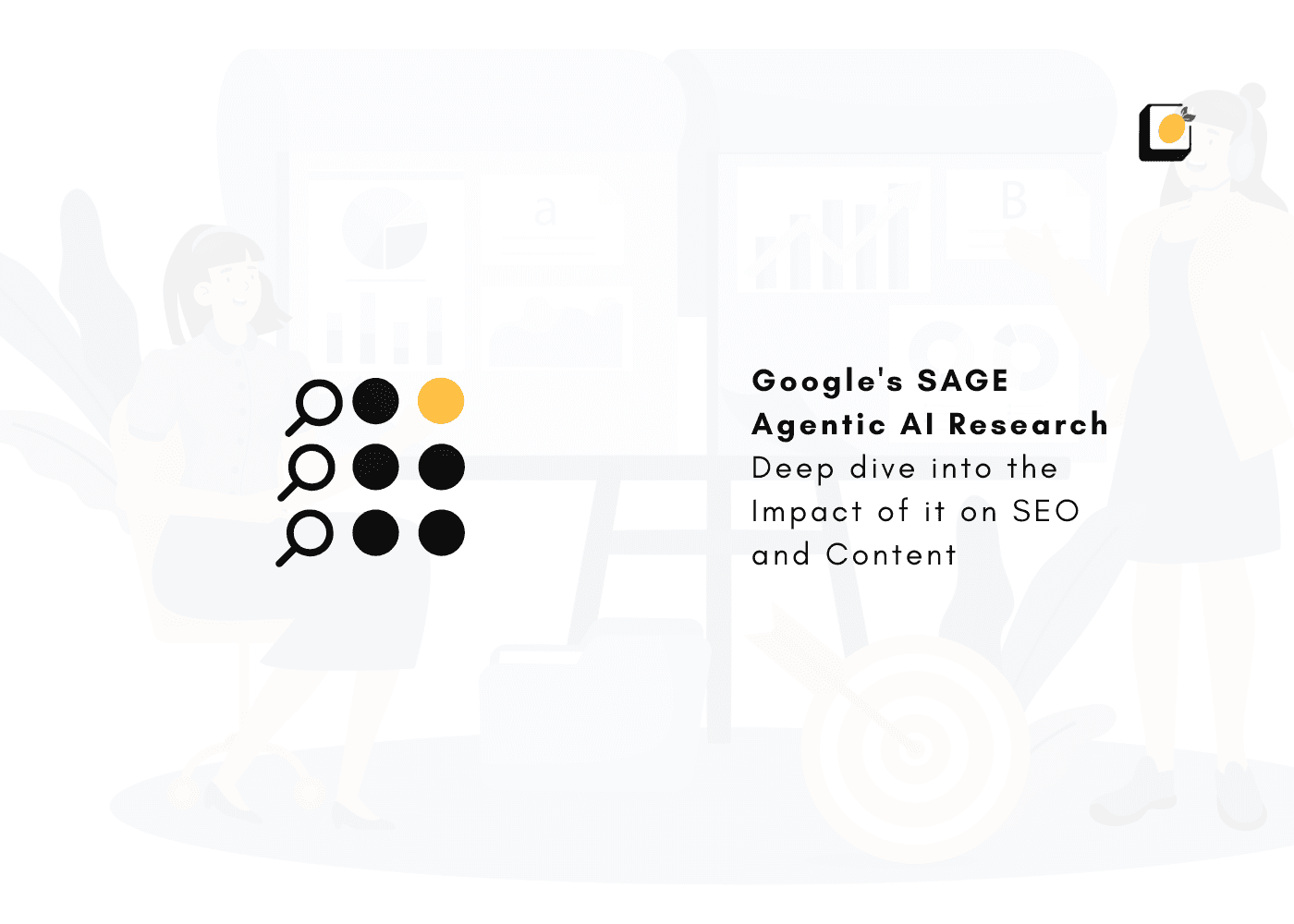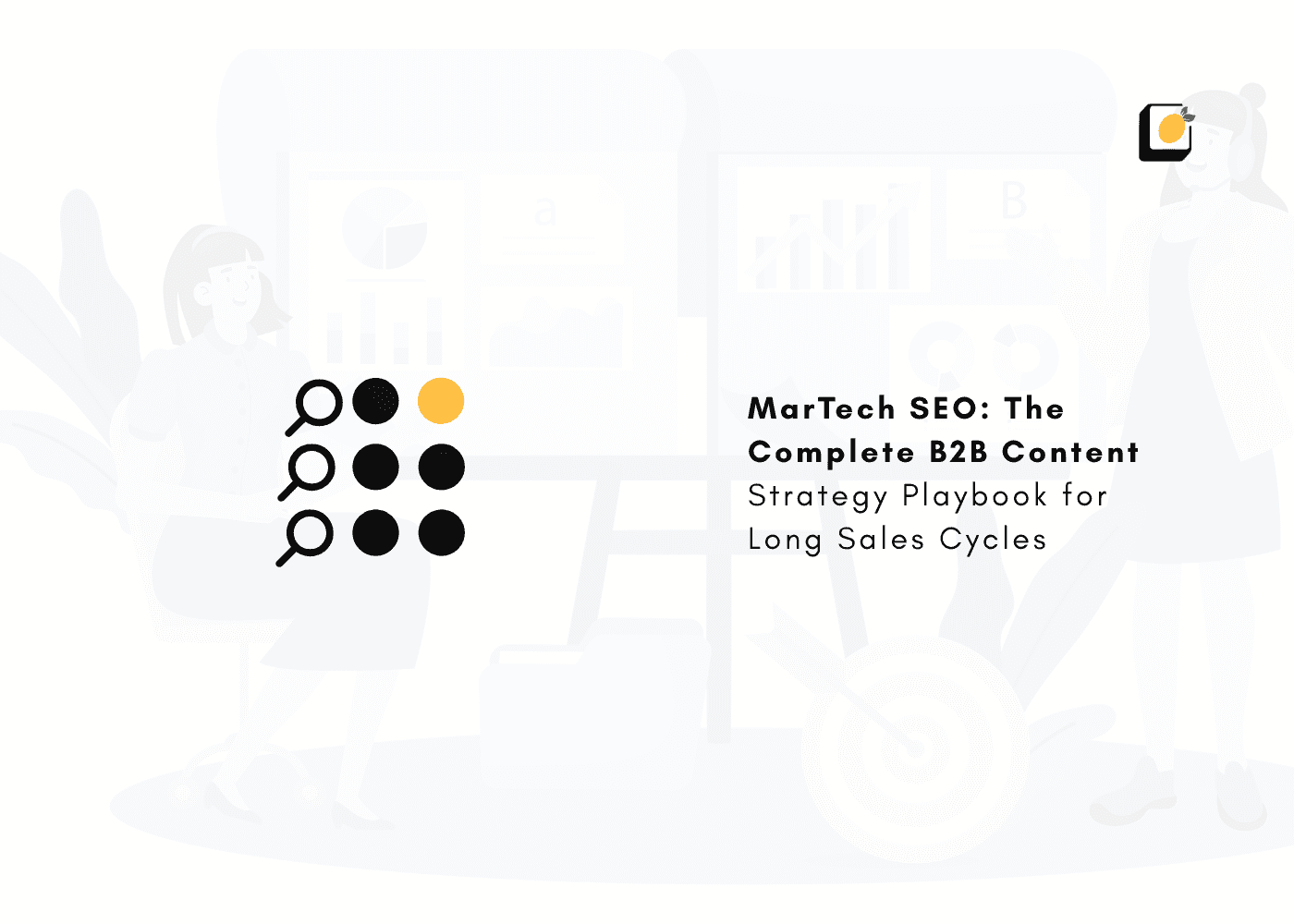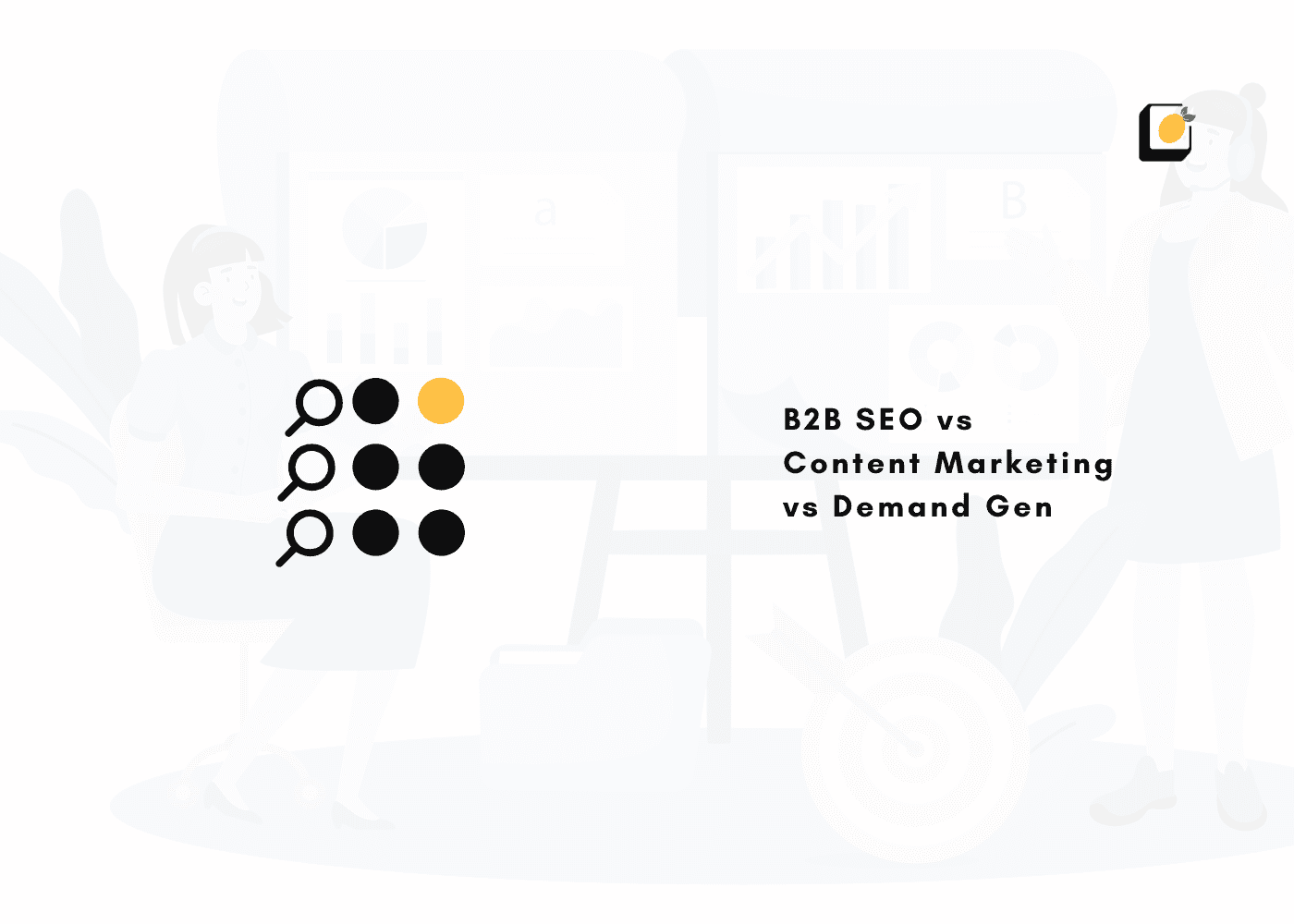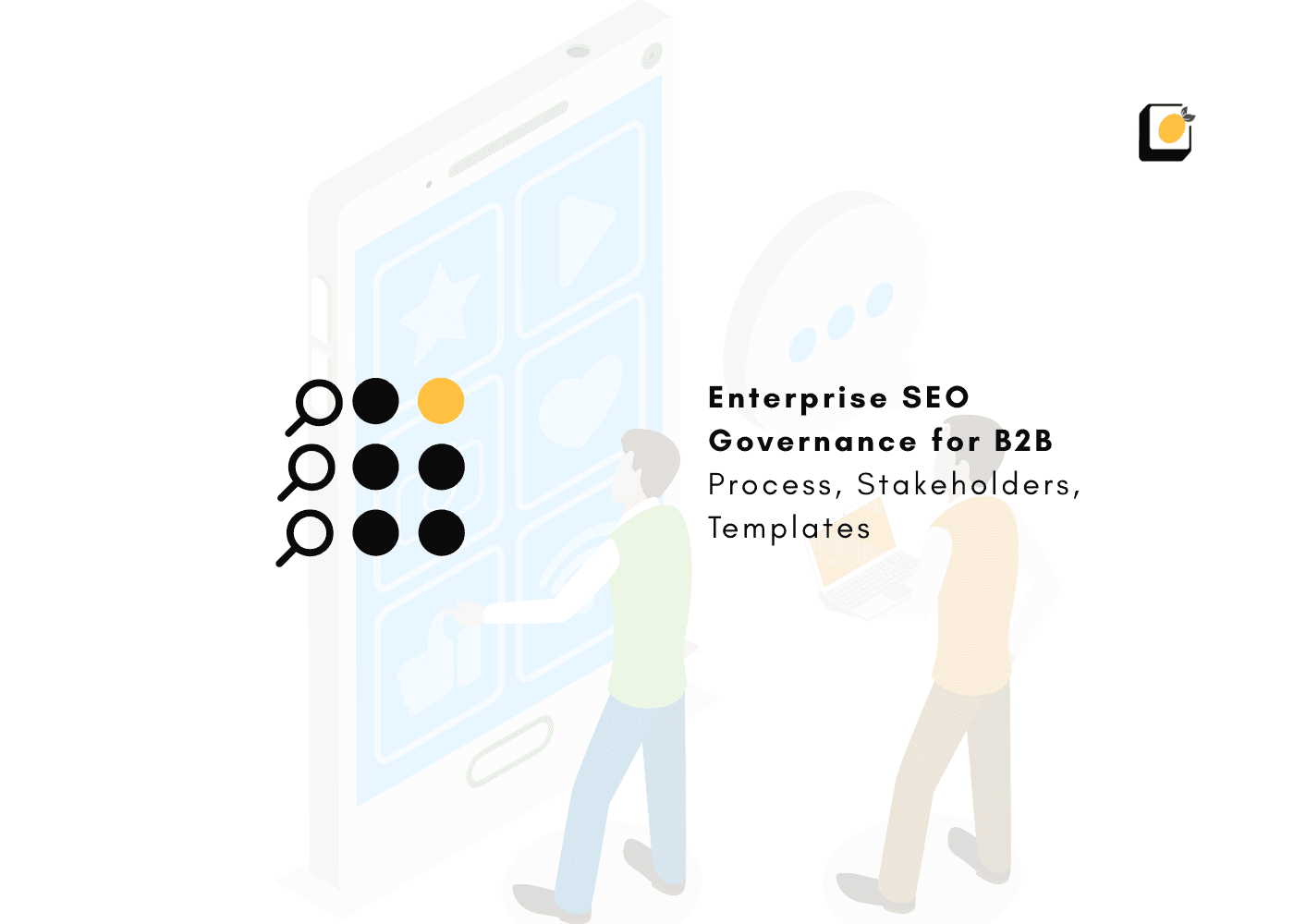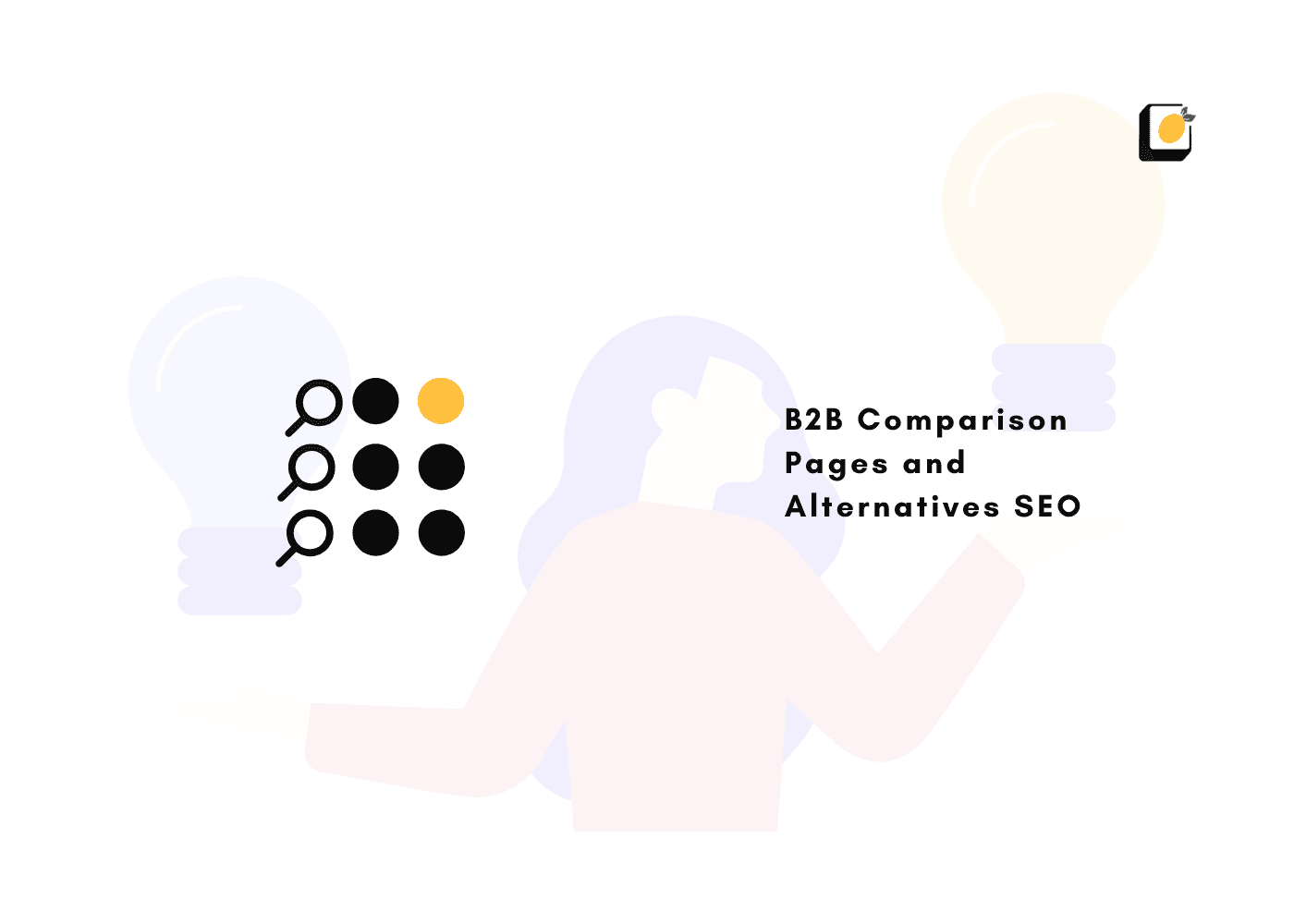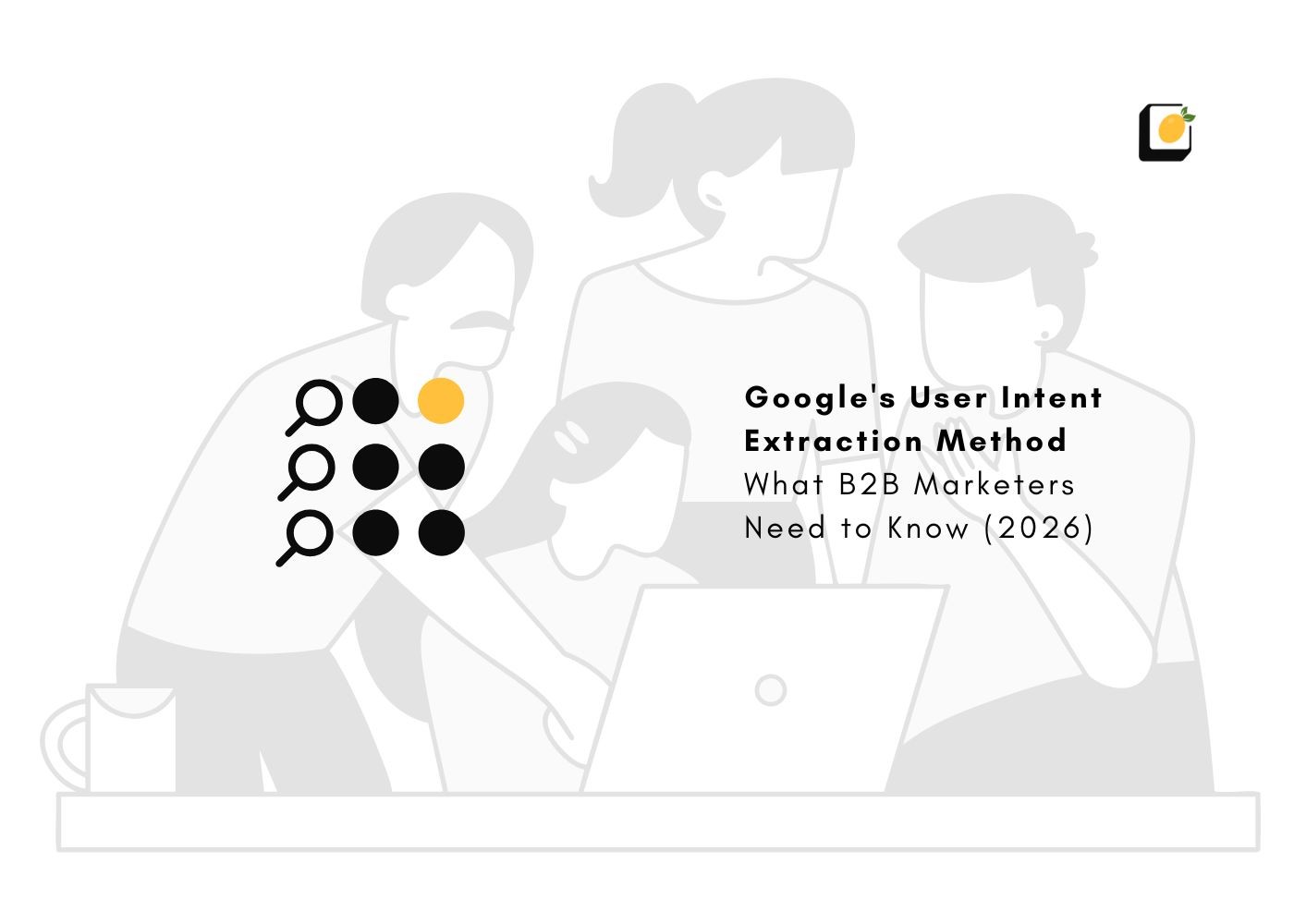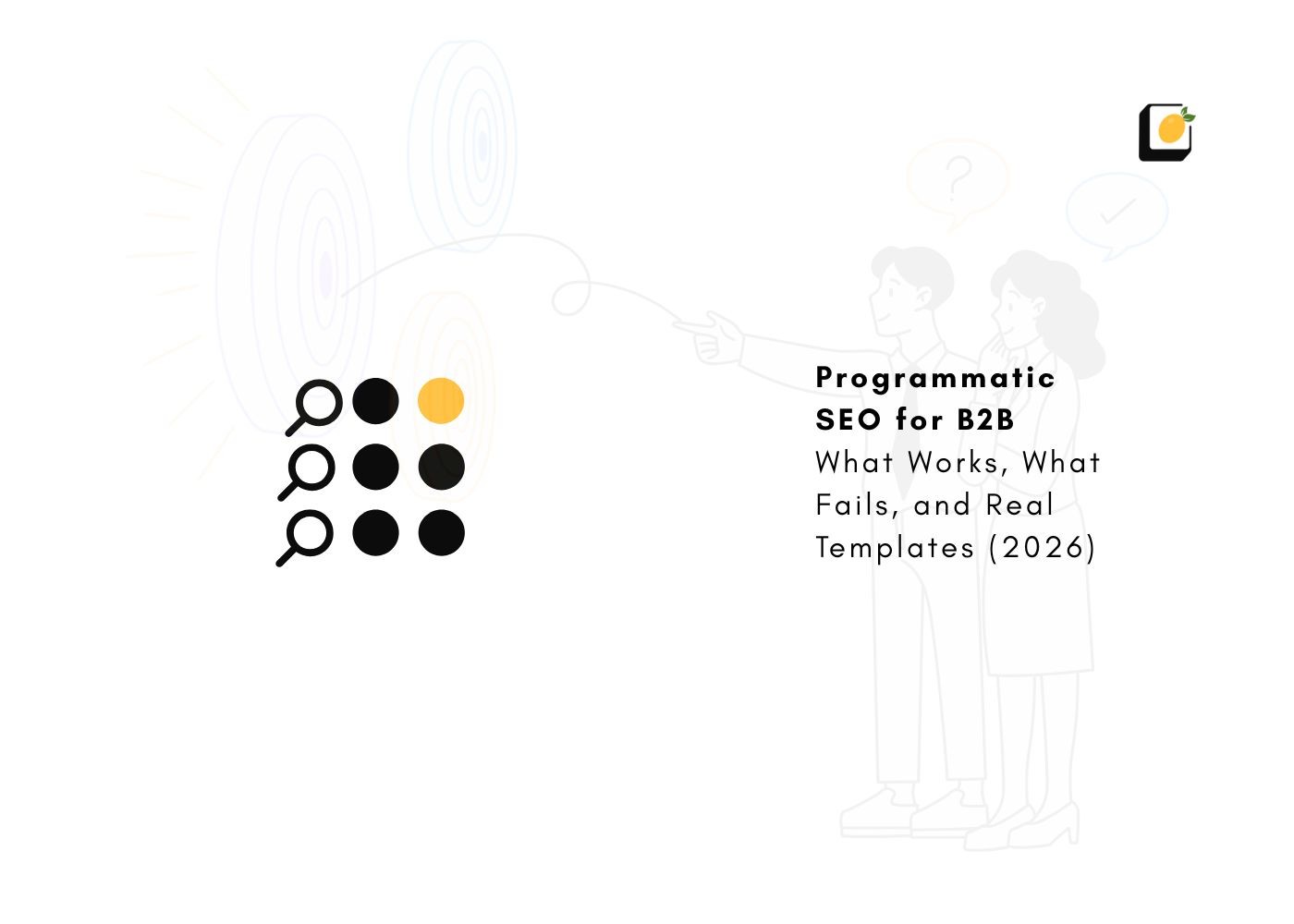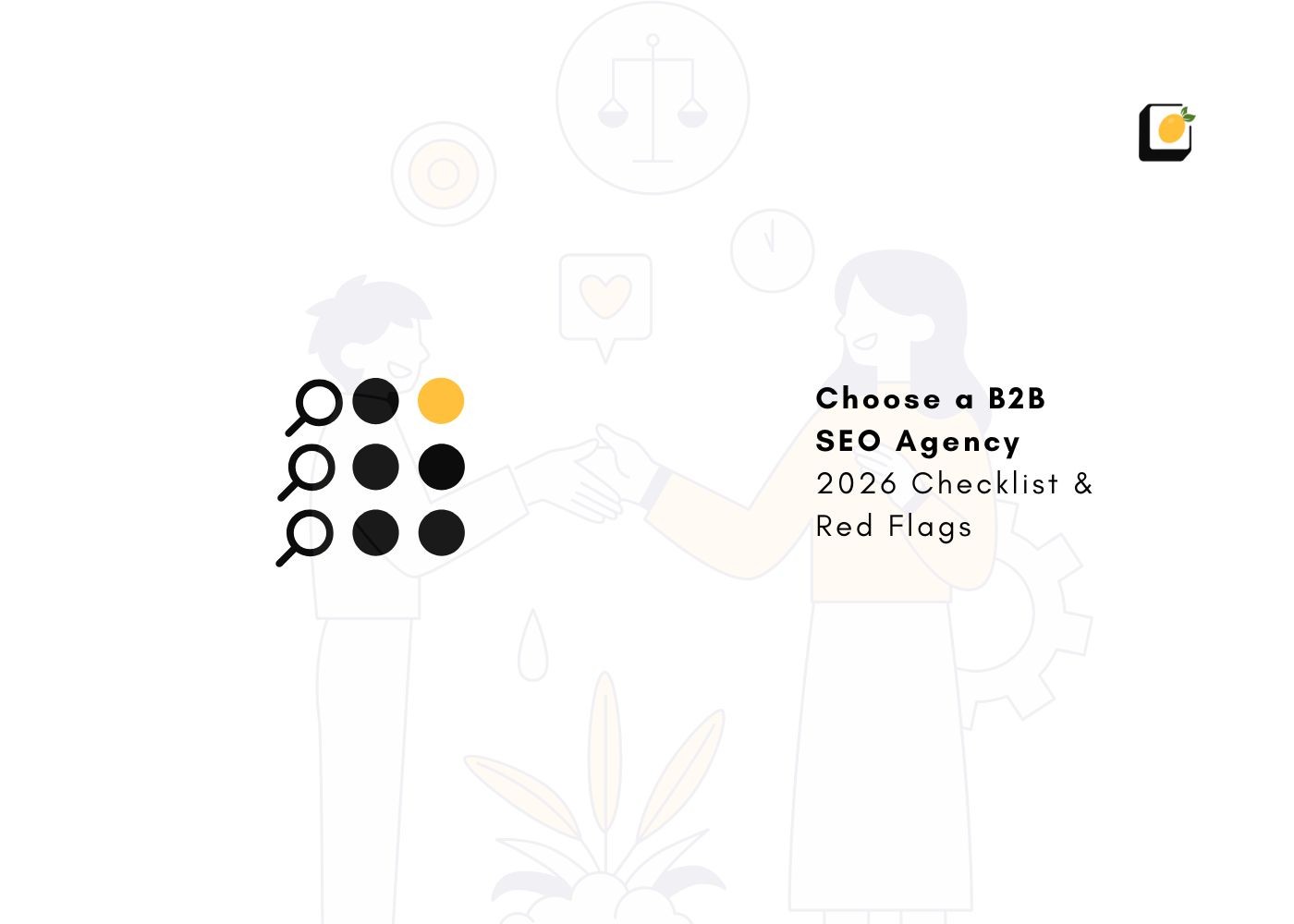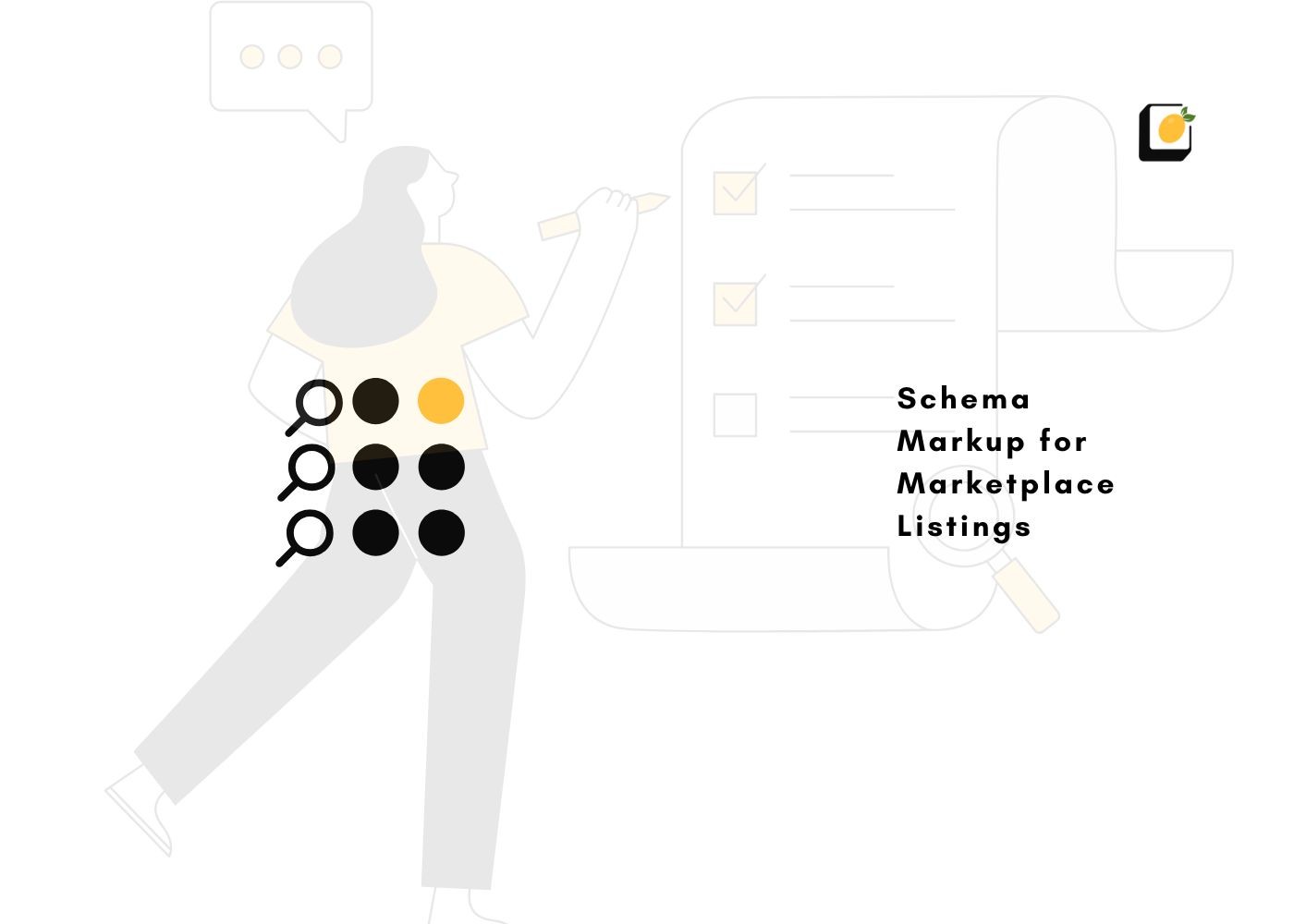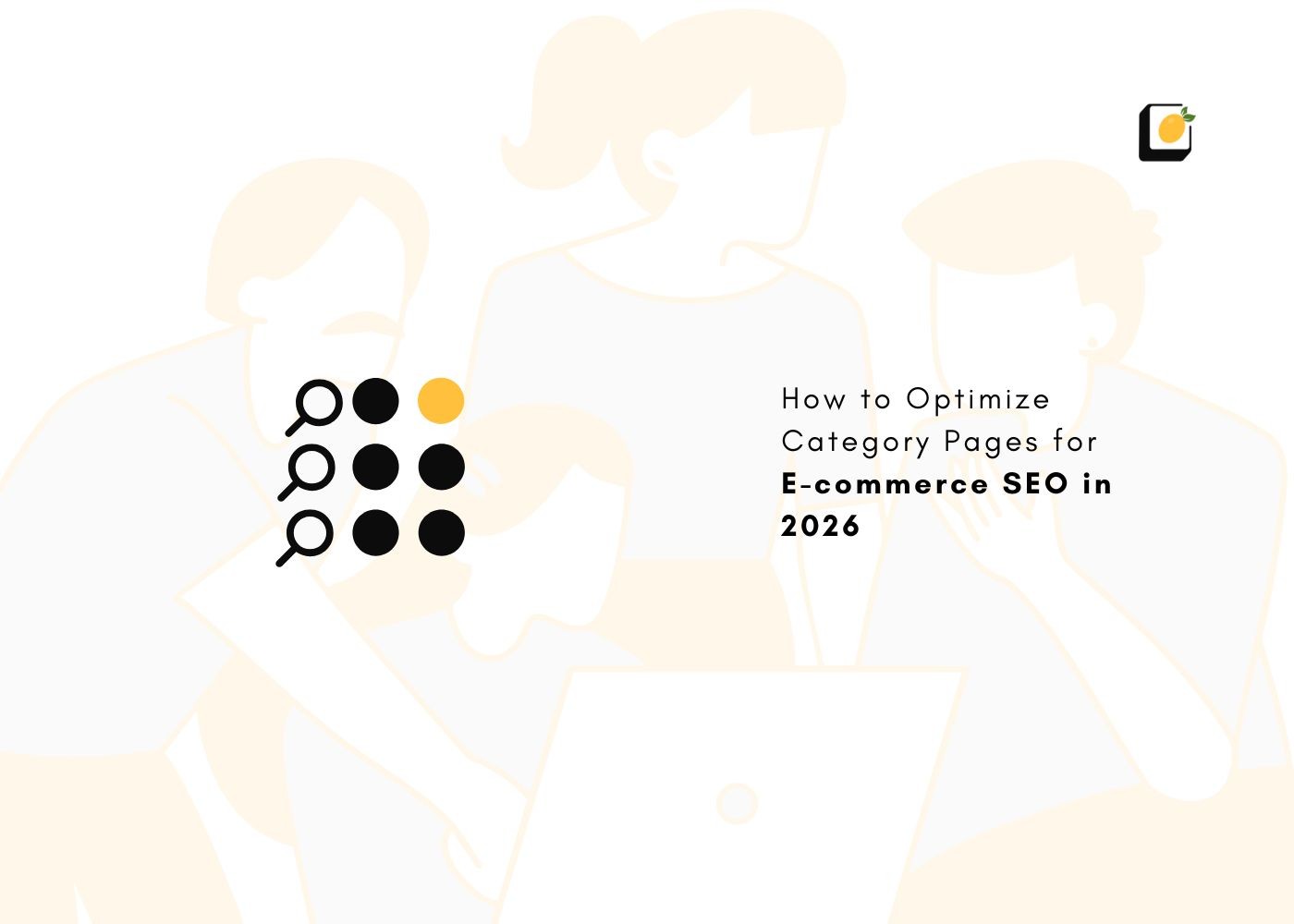The Complete Guide to MCP (Model Context Protocol) for Shopify SEO: Transform Your Store's Search Performance
July 10, 2025
Join 500+ brands growing with Passionfruit!
Running a Shopify store is a marathon for your mind. You are the CEO, the marketer, the creative, and the problem-solver. The mental load is staggering. A constant stream of tasks demands your attention, and at the top of that list sits the relentless, detail-obsessed giant: Search Engine Optimization.
You know SEO is vital, but the continuous need to adjust keywords, write meta descriptions, optimize images, and decipher analytics reports is a massive drain on your executive function. For any entrepreneur, and especially for a mind that thrives on focus and creative immersion, the process can feel like pure, unmanageable chaos. A situation like that is a direct path to burnout, not sustainable business growth.What if you could offload that entire chaotic process? Not just hand a off to someone else, but automate a with an intelligence that works for you 24/7. An automation that frees your mind to concentrate on the parts of your business you genuinely love—the parts that deliver that satisfying "dopamine hit" of creation, connection, and real progress.
A promise of such relief is offered through the Model Context Protocol (MCP).MCP is not another fleeting app or a temporary marketing trend. MCP represents a fundamental change in how your Shopify store communicates with the internet. Picture a as a universal language, a framework allowing your store to speak fluently with powerful artificial intelligence systems. A key to unlocking a new tier of automated, intelligent SEO that can rocket your search performance and, just as importantly, give you a genuine respite from the overwhelming daily grind. A guide like this one will walk you through everything you need to know.
The language will be simple, the points clear, and the focus sharp. We will look into how MCP functions, how a revolutionizes your SEO strategy, and how a can bring a sense of calm and control back to your professional life.
What is MCP? A New Language for Your Store
In the simplest explanation, the Model Context Protocol (MCP)is a standardized communication framework. A good analogy is a universal translator that operates between your Shopify store and various AI services. Right now, your store likely operates as an island. Your SEO tool has no conversation with your analytics platform, which has no connection to your inventory management software.
You are the person manually bridging all those gaps, copying data between spreadsheets, cross-referencing reports, and attempting to make critical decisions based on fragmented, incomplete information. The method is profoundly inefficient and mentally exhausting. MCP changes the entire dynamic through the creation of a unified ecosystem. A system allows different platforms—especially advanced AI—to grasp the full context of your store in real-time. The AI gains access to your products, your customers, your inventory levels, your current SEO performance, and even your unique brand voice.
How does a system Shopify MCP actually help you?
Imagine an AI assistant possessing complete, live access to your entire business operation. A world enabled by MCP makes a possible. Instead of you manually optimizing a single product page, an AI using MCP can perform a sequence of actions automatically:
Observe that a specific product is gaining traction on social media.
Analyze the exact search terms people are using to find similar products.
Rewrite the product title and description with perfect semantic keyword optimization mcp to capture the emerging interest.
Automatically generate and apply new, optimized meta tags and image alt-text.
Push all changes live to your store, completing the entire sequence in minutes.
A process like this one marks the difference between reactive and proactive optimization. You stop chasing algorithm updates and start letting an intelligent system perform the heavy lifting for you. The filmIron Manshows that Tony Stark's real power is not just the suit; his power is J.A.R.V.I.S., the intelligent system that augments his capabilities and manages immense complexity so he can focus on the bigger picture. MCP brings a similar dynamic to your Shopify store. You get powerfulai-powered shopify seo optimizationthat handles the technical details, freeing you to concentrate on strategy, brand development, and your customer relationships.
A Deep Dive into MCP Architecture and Implementation
While the concept is transformative, the technology behind a is logical and built upon proven principles of modern web development. You do not need to be a developer to grasp the core ideas. A deeper look at the technical side is valuable for anyone wanting to understand the robustness of the solution, especially for CTOs and technical teams evaluating the long-term viability of an MCP protocol implementation.
The Core Concept: Model Context Protocol Architecture
At its heart, MCP operates on a classic client-server model.
The Client: Your Shopify store. Your store holds all the essential context—products, collections, customer data, orders, and more.
The Server: An AI service, or potentially multiple services, that receives the context from the client, processes a using sophisticated models, and sends back optimized content or specific commands.
Themodel context protocol architectureis designed specifically for resilience and scalability. The beauty of the architecture is that a is decoupled. Your store is not hard-wired into one specific AI tool, creating a dangerous dependency. Instead, your store communicates through a clean, standardized interface. A design philosophy is championed in Sam Newman's essential book, Building Microservices.
Newman explains that the most resilient and scalable systems are constructed from loosely coupled, independently deployable services. MCP applies those very principles directly to the world of e-commerce. An architecture of this nature prevents system dependencies and performance bottlenecks. A setup allows you to add, remove, or change AI services in the future without needing to rebuild your entire technical foundation. You gain flexibility and future-proof your investment.
MCP Client Server Communication
The flow of information, the actual MCP client server communication, is the engine of the whole system. The protocol itself is the set of rules ensuring the client and server understand each other perfectly. A typical communication cycle works like this:
Event Trigger: An event happens. A new product is added, inventory for a popular item runs low, or a new search trend is detected by the AI server.
Context Request: The AI server sends a request to the MCP layer connected to your Shopify store. The request asks for specific contextual data relevant to the event. For example, "Provide all data for Product SKU #12345, including current description, images, inventory, and recent sales velocity."
Data Transmission: The MCP client gathers the requested information from your Shopify store's database and APIs. A sends the data back to the server in a structured format, like JSON.
AI Processing: The AI server receives the context. A analyzes the data, runs a through its models (for example, a language model for rewriting text or a predictive model for forecasting demand), and generates an output. The output could be a newly optimized product description, a recommended price change, or a list of high-potential keywords.
Action/Update: The AI server sends the optimized output back to the MCP client with a command. The command might be "Update the meta description for Product SKU #12345 with the following text." The client then executes the command, updating your store via the Shopify API.
A constant, high-speed loop of communication ensures your store is not just static but a living entity that adapts to the market in real-time.
How to Step-up Your Shopify MCP Server
A crucial question for any technical leader is about the practicalities of implementation. How does ashopify mcp server setupactually happen? A process is a serious technical undertaking, not a simple app installation.
Server Provisioning: First, a server environment must be created. A server is essentially a powerful computer that lives in the cloud, dedicated to running the AI models and managing the communication protocol. A can be hosted on platforms like AWS, Google Cloud, or Azure. The server needs to be configured for high availability and low latency to ensure your store's performance is never compromised.
Database Integration: The server needs a way to store and query contextual data efficiently. While a can pull data directly from Shopify for every request, a more efficient model context protocol architecture often involves a dedicated database on the server side that syncs with your Shopify store. A database acts as a high-speed cache, reducing the number of API calls to Shopify and improving response times.
AI Model Deployment: The core AI models are deployed onto the server. A could involve large language models for content generation, machine learning models for predictive analytics, or other specialized algorithms. A requires expertise in machine learning operations (MLOps) to ensure the models run efficiently and can be updated over time.
API Gateway and Security: An API gateway is set up to manage all incoming and outgoing requests. A gateway is critical for security, authentication, and rate limiting. A ensures that only authorized services can communicate with your store's data and protects against malicious attacks.
Shopify App Bridge: A private Shopify app is often developed to act as the "bridge" or the client-side component of the MCP. A app is installed on your store and handles the communication with your dedicated MCP server. A handles authentication with Shopify's API and executes the commands sent back from the server.
Clearly, acustom mcp server developmentis a complex project. For most merchants, attempting a in-house is not feasible. A is where a managed service like Passionfruit AI becomes essential. We handle the entire technical lift. We perform thecustom mcp server developmentand setup tailored specifically to your store's needs and scale. You receive all the benefits of a powerful, bespoke architecture without ever needing to manage a server or write a line of code.
The Data Language: Shopify GraphQL Schema MCP
Efficiency in data transfer is paramount. You don't want your server wasting time and resources requesting massive, unstructured data dumps from your store. A is where Shopify's GraphQL API becomes incredibly valuable. Unlike older REST APIs that return a fixed data structure for a given endpoint, GraphQL allows the client to request exactly the data a needs, and nothing more.
In an MCP context, a means the AI server can be highly specific.
For example, instead of asking for "all product data," the server can make a precise GraphQL query:{ product(id: "gid://shopify/Product/12345") { title description(truncateAt: 200) price featured Image { url altText } } }A query asks for only the title, the first 200 characters of the description, the price, and the URL and alt text of the featured image. A is incredibly efficient.
A key part of a robust MCP protocol implementation is defining a comprehensive shopify graphql schema MCP. A schema is essentially a map of all the data types and relationships in your store that the AI might need to access. A well-designed schema ensures that every piece of data, from product variants and collection rules to customer tags and order history, is available to the AI in a structured and predictable way. A meticulous approach to the data schema is fundamental for achieving high-performance MCP client server communication.
How MCP helps in Automating Search performance?
Now we arrive at the core reason many merchants first look into a solution like MCP: transforming search performance. SEO is a game of a thousand details, and MCP automates nearly all of them with a level of sophistication that is impossible for a human to achieve manually, especially at scale. A is where the SEO manager or digital director sees a clear competitive advantage.
Dynamic Content That Wins Search Rankings
Static product pages are becoming a liability in modern search. MCP enables truedynamic content generation seo, where your site's content adapts in real-time to user intent and market trends.
Product Descriptions: An AI can generate multiple versions of a product description. A can then analyze performance data to learn which version converts best for traffic coming from Google versus traffic from Instagram, tailoring the experience to the user's context.
Blog Posts: Imagine an AI that constantly scans for "content gaps" in your niche. A identifies a question your potential customers are asking that your competitors haven't answered well. The AI can then draft a helpful, comprehensive article that directly answers that question, optimizing a for a featured snippet in Google's results—all based on real-time search data.
Collection Pages: The system can automatically re-order products on a collection page. For a user who searched for "red running shoes," the AI can ensure all the red running shoes are displayed at the top, increasing the likelihood of a sale.
Say Goodbye to the Tedium of Manual Meta Tags
Is there any task more mind-numbingly tedious than writing meta titles and descriptions for hundreds or thousands of products? With MCP, you achieve completeautomated meta tag optimizationacross your entire catalog. The system analyzes the page content, the target keywords, and the inferred user intent behind the search query. A then crafts a compelling, click-worthy meta title and description that are always the optimal length and perfectly aligned with your brand voice. A single feature can save your team hundreds of hours of manual work while dramatically improving your click-through rate from search results pages.
Achieving True Semantic Understanding of Your Niche
Modern SEO is about context, not just a list of keywords. The authoritative textThe Art of SEOby Enge, Spencer, and Stricchiola details how search engines are increasingly rewarding websites that provide comprehensive, contextually relevant user experiences. A is where MCP's capabilities truly shine.Because the AI possesses the full context of your products, brand, and customers, a can perform incredibly advancedsemantic keyword optimization mcp. The system does not just stuff your primary keyword into the page.
A understands and weaves in a rich network of related concepts, synonyms, and LSI (Latent Semantic Indexing) keywords. A process signals to Google that your page is a truly authoritative and comprehensive resource on the topic. A deep contextual understanding is also the key to long-termsearch algorithm compatibility. When Google releases a major algorithm update designed to better understand nuance and quality, an MCP-powered store is already prepared because its foundation is built on quality and context, not on trying to game a specific ranking factor.
Winning the SERP Features Game
Today's search engine results pages (SERPs) are far more than a simple list of ten blue links. A are rich, dynamic pages filled with featured snippets, "People Also Ask" boxes, image packs, video carousels, and product grids. Winning a spot in a features is critical for visibility and traffic. MCP is designed specifically forserp feature optimization shopify. The AI can analyze the SERPs for your most important keywords, understand what type of content is currently winning the featured snippets, and automatically structure your page's content—using elements like Q&A formatting, bulleted lists, and data tables—to maximize your chances of being featured.
Beyond SEO: MCP as a Business Intelligence Engine
While the SEO improvements are profound, MCP's capabilities extend far beyond search rankings. A unification of your data transforms your Shopify store from a simple online shop into an intelligent business hub. A is about moving from just selling products to building a data-driven operation that can anticipate the future. As Thomas Davenport and Jeanne Harris outline in their seminal book Competing on Analytics, organizations that systematically turn information into insight and action consistently outperform their rivals. MCP provides the technological foundation for a transformation in e-commerce.
A Single Source of Truth for Your Business
With a propershopify mcp analytics integration, you finally break down the data silos that plague most businesses. Information from your Google Ads campaigns, your on-site user behavior tracked through analytics, your sales data from Shopify, and your inventory levels from your management system all flow into one unified context model. A enables truereal-time ecommerce data analysis. You are no longer looking at a report from last week to make decisions for tomorrow. You are seeing what is happeningright nowand, more importantly, what the data predicts is likely to happen next.
Predicting the Future of Your Store
A unified data stream is the fuel for powerful predictive capabilities. The predictive systems imagined in the filmMinority Reportdemonstrate the power of anticipating events before a happen. MCP brings a similar foresight to the world of e-commerce.
Customer Behavior Prediction MCP: The system can analyze browsing patterns, purchase history, and on-site engagement to identify customers who are at risk of churning. A can also identify high-value customers who are showing signs of being ready to make another major purchase. You can then use a insight to automate targeted marketing actions, like sending a personalized discount to a customer at risk or showing a new product line to a loyal fan.
Inventory Optimization AI: One of the biggest challenges in retail is managing stock. A system powered by MCP can analyze historical sales data, current sales velocity, and even external factors like seasonal trends or social media buzz. A uses a information to create highly accurate demand forecasts. A helps you avoid costly stockouts of your most popular items and prevents you from tying up capital in products that are not selling, leading to a much healthier cash flow.
Optimizing for What Truly Matters: Revenue
Ultimately, every action you take in your business should be tied to the bottom line. MCP makes a connection explicit and measurable.
Conversion Rate Optimization MCP: The system can function as an tireless optimization expert. A can run countless micro-A/B tests on your site automatically. A can test different headlines, button colors, product images, page layouts, and promotional offers. A continuously learns what works best and automatically implements the winning variations, constantly inching up your overall conversion rate.
Revenue Attribution Modeling: A notoriously difficult problem in e-commerce is knowing which marketing touchpoint actually led to a sale. Was a the Facebook ad, the Google search, the email newsletter, or a combination of all three? MCP can connect the dots across your entire marketing stack. A provides a clear and accurate revenue attribution modeling system, showing you exactly where your marketing dollars are having the greatest impact. A allows you to confidently double down on the channels that are actually working and reduce spending on those that are not.
The Automated E-commerce Machine
A brings us back to the original promise: giving you a genuine respite from the daily grind. The business intelligence capabilities of MCP are the foundation for a new level of automation in your day-to-day operations. A is not just about adopting a new tool; a is about fundamentally redesigning your business processes for the age of AI. In their bookLeading Digital, Westerman, Bonnet, and McAfee explain that true digital leaders do not just bolt on new technology—a reimagine their business around new digital capabilities. MCP is that core capability for e-commerce.Imagine a store that largely runs a:
Automated Product Catalog Optimization: For stores with thousands of SKUs, keeping every product page, image, and description perfectly optimized is an impossible manual task. MCP automates the entire process, ensuring every single product in your catalog is always perfectly presented to both customers and search engines.
Dynamic Pricing Optimization: The system can monitor your competitors' pricing in real-time, alongside your own sales velocity and inventory levels. A can then make small, strategic price adjustments automatically to maximize your profit margin without you needing to lift a finger.
Personalized Customer Experiences: The AI integration in the film Her feels so natural because the technology enhances capability without creating friction. MCP brings a same philosophy to your store. A can power systems that deliver truly personalized customer experiences. A can show returning visitors products based on their past purchases, tailor promotional offers to their specific browsing history, or even change the hero image on your homepage to match their interests.
Customer Service AI Integration: MCP can feed real-time customer and order data directly into AI-powered chatbots. A allows the bots to handle the vast majority of common customer inquiries—like "Where is my order?"—instantly and accurately. A frees up your human support team to focus on more complex, high-touch issues that require a human touch.
Supply Chain Optimization AI: The protocol can connect your sales data directly to your suppliers' systems. A creates a more efficient and responsive supply chain with automated order fulfillment automation mcp, reducing lead times and improving customer satisfaction.
A level of automation frees up your most valuable resource: your own time and mental energy. A allows you to escape the reactive cycle of putting out fires and instead focus on the proactive, strategic work that truly grows your business and brings you satisfaction.
API Integrations and Headless Commerce
For developers and technical architects, the flexibility of MCP is one of its most compelling features. The decoupled nature of themodel context protocol architecturemeans a can integrate seamlessly into even the most complex technical environments.
Shopify Storefront API MCP: For brands pushing the boundaries of customer experience with custom front-ends, MCP's integration with the Shopify Storefront API MCP is critical. A allows the same AI-driven intelligence to flow to any customer touchpoint, whether a is a progressive web app (PWA), a mobile application, or an in-store kiosk.
Headless Commerce MCP Integration: A is the essence of headless commerce mcp integration. The "head" (the customer-facing front-end) is separate from the "body" (the Shopify back-end). MCP acts as the intelligent brain in between, ensuring that no matter what front-end technology you use, your content and product data are always fully optimized.
Shopify Plus MCP Capabilities: MCP is fully compatible with Shopify Plus and is particularly powerful for Plus merchants. The higher API rate limits and access to exclusive features like Shopify Scripts and Flow mean that a shopify plus mcp capabilities can be fully utilized for even more sophisticated automation and personalization.
Third-Party App MCP Compatibility: No store is an island. You rely on a stack of apps for reviews, loyalty programs, and more. A core part of any good mcp protocol implementation is ensuring third-party app mcp compatibility. The protocol can be configured to pull context from these apps, for example, using positive review sentiment as a signal to the AI to feature a product more prominently.
Zapier Shopify MCP Automation: For ultimate flexibility, zapier shopify mcp automation can be configured. A allows you to connect the insights and actions from your MCP server to thousands of other web applications. For example, you could automatically create a task in your project management tool whenever the AI identifies a new, high-priority content gap.
Proving the Value: Performance, ROI, and Peace of Mind
An investment in advanced technology needs to deliver measurable results. An MCP-powered store provides unparalleled clarity into performance metrics that are directly tied to business growth.
Page Speed and Core Web Vitals: A slow website kills conversions and is penalized by Google. MCP can contribute directly to page speed improvement shopify. A can do so through server-side optimizations and by ensuring that dynamically generated content is delivered efficiently. We treat core web vitals optimization mcp not as a one-time fix but as a continuous monitoring process.
Performance Benchmarking: Because MCP unifies data from across your business, a becomes much easier to conduct meaningful mcp performance benchmarking. You can clearly see how your key metrics are trending over time and how your performance stacks up against industry benchmarks or specific competitors.
Search Ranking Improvements: The most direct measure of SEO success is, of course, your rankings. We provide clear, transparent reporting on search ranking improvement metrics. You can track your visibility for the high-intent keywords that matter most to your bottom line and see the direct impact of the AI's optimization efforts.
Ultimately, a all comes down to the return on your investment. The goal of a comprehensive ROI measurement MCP implementation is to draw a straight, undeniable line from the technological investment to increased revenue and profitability. The data-driven approach enabled by MCP makes a connection clearer than ever before. The engineering precision seen in Ford v Ferrari shows how technical innovation creates competitive advantages in high-stakes environments. We bring a same attention to detail to your Shopify store, transforming a into a market-leading platform. The story of Steve Jobs shows that the best technology should feel like magic—powerful capabilities delivered through an elegant, intuitive experience. A is the goal of a managed MCP service.
Your Future is Focused
Let us return to the beginning. The feeling of being scattered, of being pulled in a dozen directions at once by a list of tasks that never ends. The constant context-switching that drains your focus and stifles your creativity. MCP is the antidote.A solution is about more than justai-powered shopify seo optimization. A is about creating a system that handles the operational chaos so you can find your own clarity. A is about automating the predictable so you can focus on the creative work that only you can do. Just as the technical innovations inThe Social Networkcreated a platform with an insurmountable competitive advantage, a proper implementation of MCP gives your store a technological edge that compounds over time. While your competitors remain stuck in the old world of manual, reactive optimization, you will have an intelligent, automated system that is constantly learning, adapting, and improving on your behalf.A is the future of e-commerce. A is a future where you are no longer just the manager of your store's daily operations, but the visionary director of your brand's destiny.
Frequently Asked Questions (FAQ)
What is the single most important benefit of MCP for a store owner?
The most important benefit is reclaiming your time and mental energy. MCP automates the complex, tedious work of technical SEO and data analysis, allowing you to focus on the creative and strategic parts of your business that you love.
How long does a typical mcp protocol implementationtake?
A timeline can vary depending on the complexity of your store and catalog, but a typical implementation, from initial audit to going live, can range from four to eight weeks. A includes server setup, data schema definition, and rigorous testing.
Will MCP interfere with my existing Shopify theme or apps?
No. A properly designed model context protocol architecture is decoupled from your theme. A interacts with your store's data via the API, not by modifying your theme code. We also ensure third-party app MCP compatibility during the setup process.
Can I have final approval over the AI's changes?
Yes. The system can be configured to operate in different modes. You can have a fully automated mode where changes go live instantly, or a "human-in-the-loop" mode where the AI suggests optimizations for you to review and approve with a single click.
Is ashopify mcp server setupsecure?
Security is the highest priority. A custom MCP server development process includes multiple layers of security, including API gateways, authentication protocols, and data encryption, to ensure your store and customer data are always protected.
How does MCP help withheadless commerce mcp integration?
For a headless store, MCP acts as the intelligent middleware. A pulls context from the Shopify backend, enriches and optimizes a with AI, and then serves the optimized content via an API to any front-end "head" you use, ensuring a consistent, high-performance experience everywhere.


